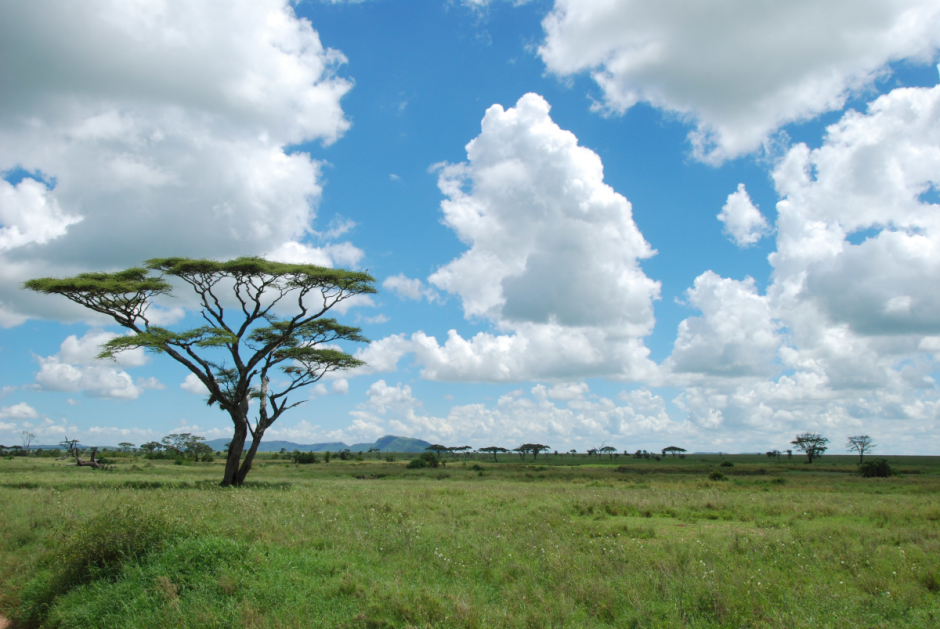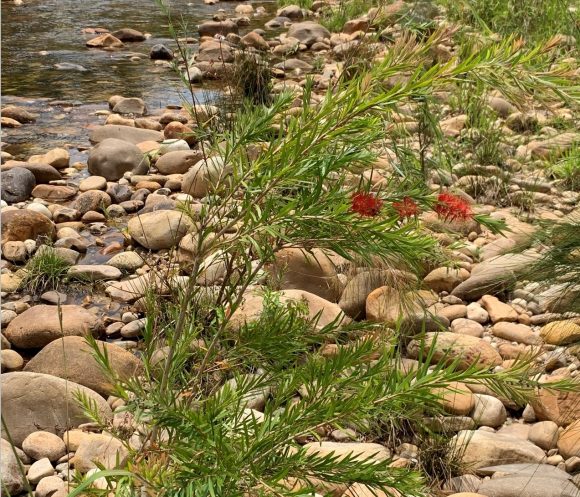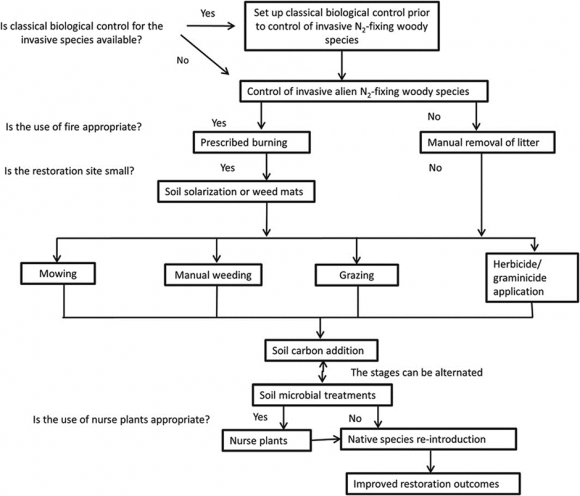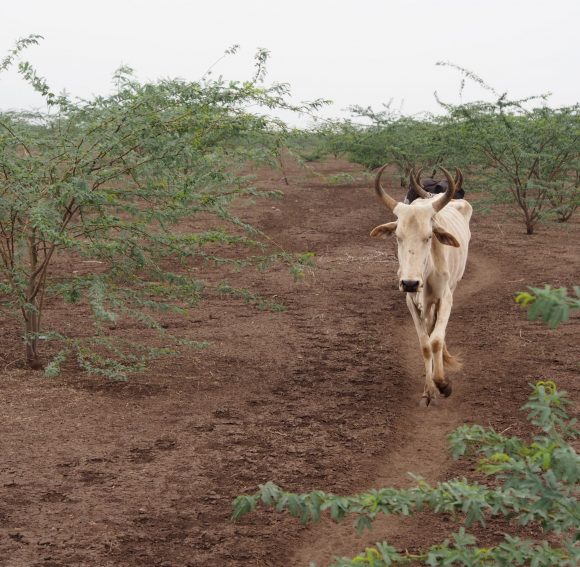
Invasive plants are not widely recognised as a threat to the conservation of the African continent’s protected areas. A recent study by C·I·B research fellow Dr Arne Witt and core team member Prof Brian van Wilgen, has found that over 50 alien plant species have established naturalised populations in the iconic Serengeti-Mara ecosystem in Kenya and Tanzania. At least six of these pose serious threats to the ecosystem.
The survey was conducted between 2011 and 2016, and sought to establish the extent to which alien plants had become established, and to identify those that posed the largest threats to the Serengeti-Mara. Many species had been planted as ornamentals around tourist lodges, while some are spreading into the protected area from outside. Although current levels of invasion are low, there are six species, including cacti, mesquite trees (Prosopis), triffid weed (Chromolaena odorata) and famine weed (Parthenium) that are present and have the ability to spread rapidly.
Rapid spread would result in a serious reduction in the carrying capacity of the area’s rangelands, decimating the hundreds of thousands of wildebeest, zebras and gazelles in the area, and seriously impacting on the tourist industry that relies on wildlife.
The study has recommended that all alien plants be removed from tourist lodges, and replaced with indigenous plants; and that control programmes be implemented to contain invasions where possible. The study also strongly advocates the fullest possible use of biological control, as this offers the only real prospect of an affordable and sustainable solution to the problem in the long term.
“This is a serious problem that to date has not received the recognition and management attention that it deserves” said Brian van Wilgen, “but failure to take rapid and effective measures to control spread would result in the possible demise of one of the natural wonders of the world, the annual wildebeest migration.”
Read the paper in Koedoe
For more information, contact Brian van Wilgen at bvanwilgen@sun.ac.za



